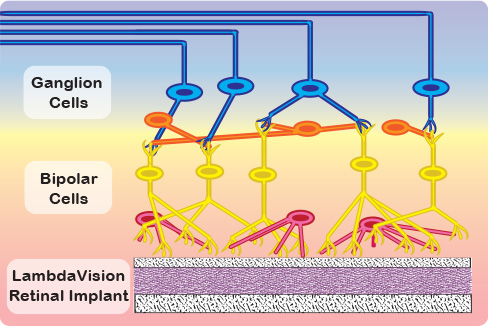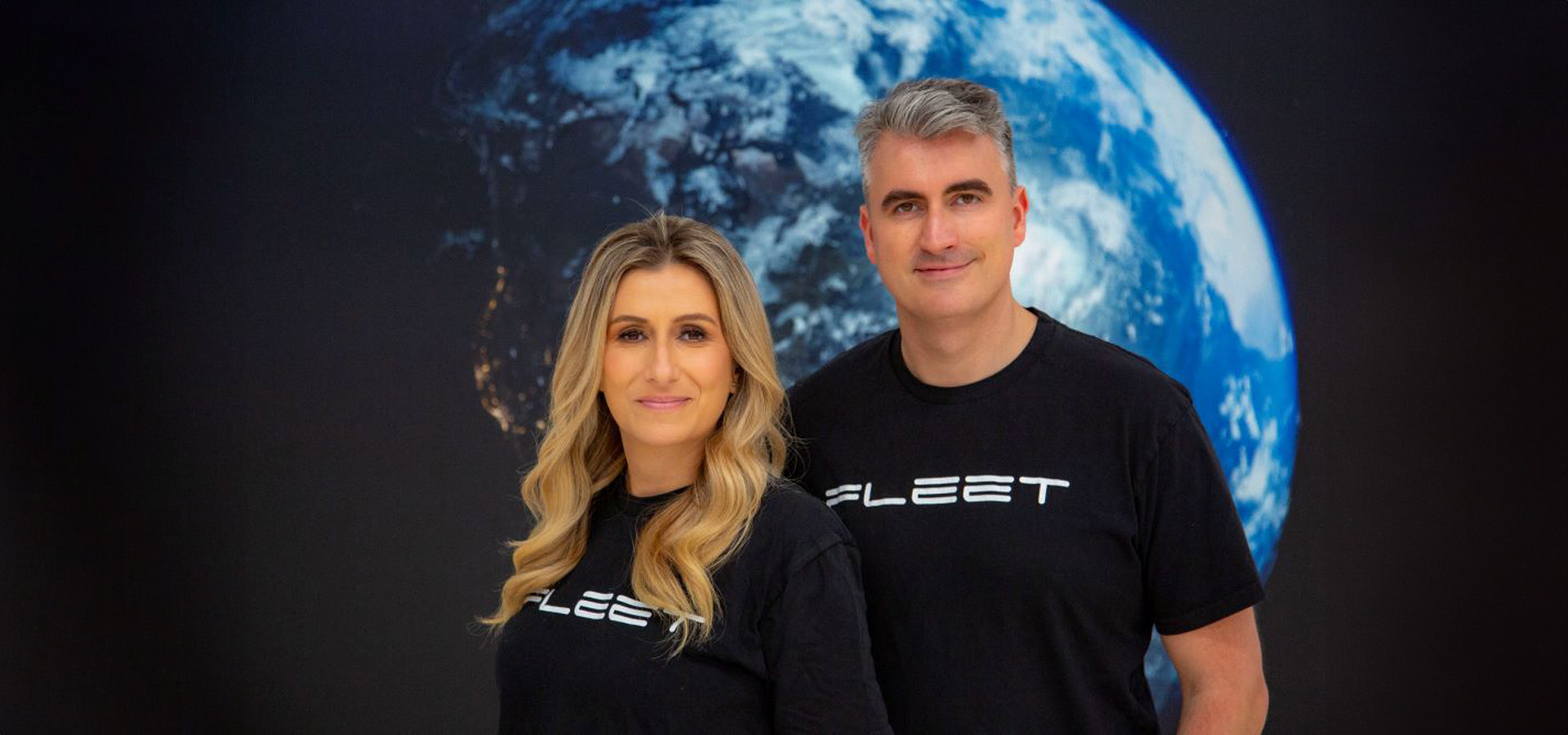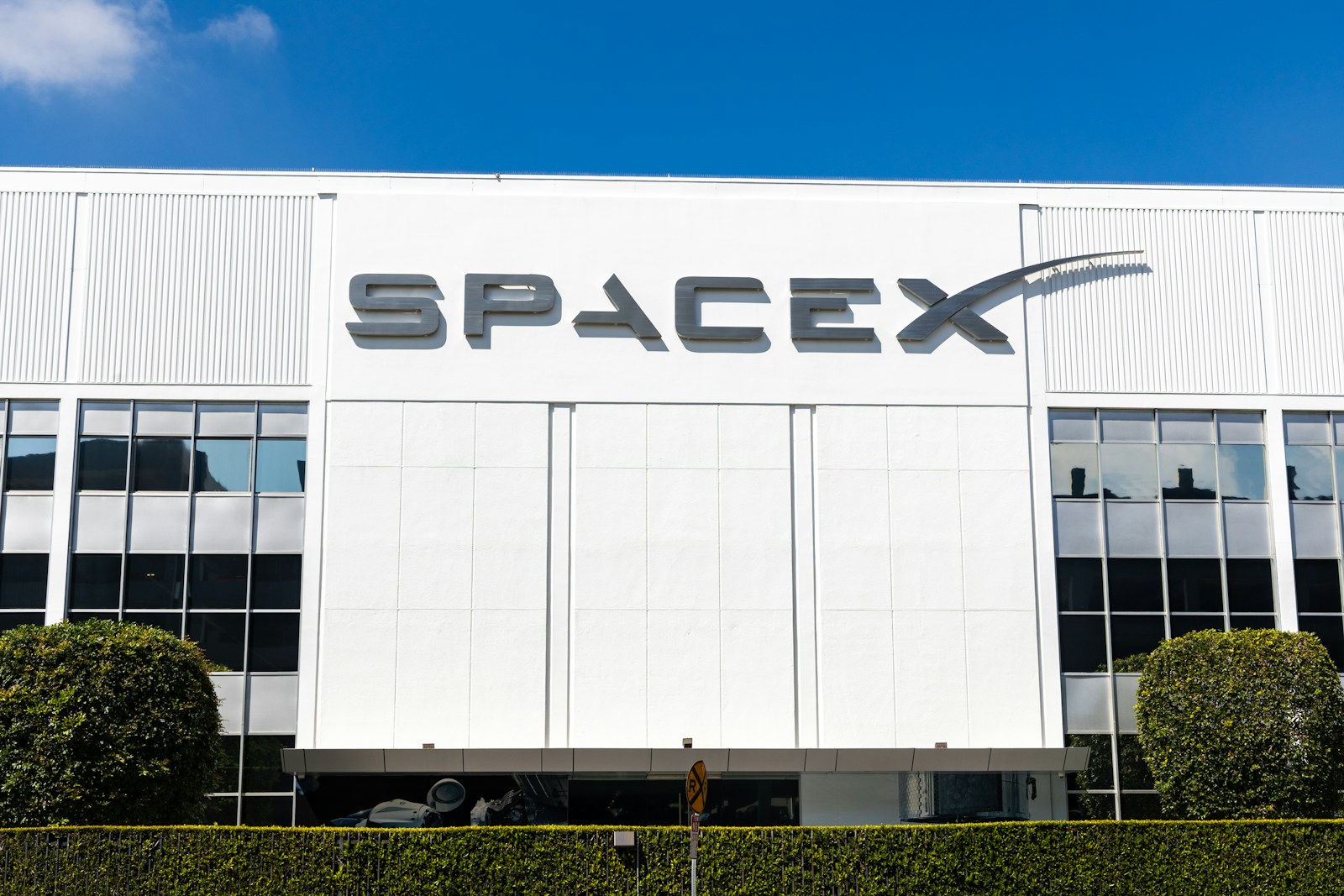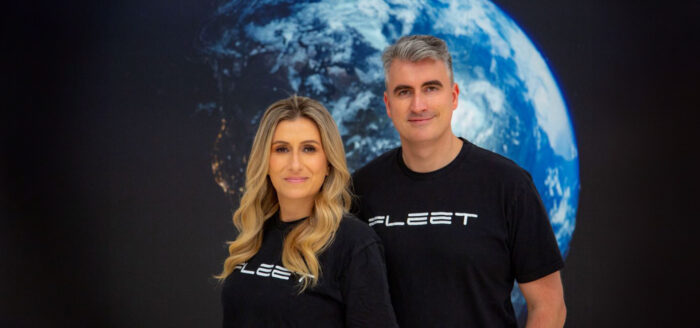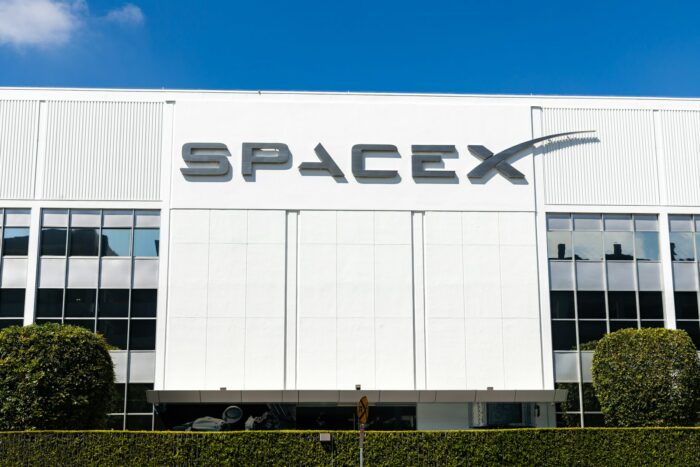Insider Brief:
- LambdaVision has announced the first closing of its seed funding round led by MIT’s Aurelia Foundry Fund and including investment from Boryung and E2MC Ventures.
- LambdaVision’s artificial retina aims to restore vision for individuals who have lost sight due to RP and age-related macular degeneration (AMD).
- While preclinical studies occur on Earth, the company optimizes the retina’s assembly in low-Earth orbit where the microgravity conditions improve the production efficiency and quality of the artificial retina.
LambdaVision, a biotech company pioneering a protein-based artificial retina, has announced the first closing of its seed funding round. Leading the round is Aurelia Foundry Fund, a fund from MIT. Other investors include Boryung, a Korean pharmaceutical company, and E2MC Ventures. The funds will support the scale-up of Good Manufacturing Practices (GMP) production and essential studies for Investigational New Drug (IND) applications, moving LambdaVision closer to clinical trials for patients with advanced retinitis pigmentosa (RP).
Nicole Wagner, Ph.D., CEO of LambdaVision, emphasized the significance of this investment, highlighting the potential impact on treating retinal degenerative diseases and the innovative space-based manufacturing approach. Wagner expressed gratitude to the new investors and invited additional support to complete the seed round.
LambdaVision’s artificial retina aims to restore vision for individuals who have lost sight due to RP and age-related macular degeneration (AMD). While preclinical studies occur on Earth, the company optimizes the retina’s assembly in low-Earth orbit. Microgravity conditions improve the production efficiency and quality of the artificial retina.
Ariel Ekblaw of Aurelia Foundry Fund was proud to lead the investment round, noting the alignment of LambdaVision’s technology with their mission to support space-based innovations that benefit humanity.
The artificial retina uses a layer-by-layer process with the protein bacteriorhodopsin and a polymer, supported by a synthetic fiber membrane. This protein mimics the natural light-absorbing properties of human photoreceptors, offering a novel solution for vision restoration.
LambdaVision recently received a Notice of Allowance from the USPTO for a patent application covering its artificial retina’s production process and functional aspects.
Luciano V. Del Priore, MD, PhD, from Yale School of Medicine, stressed the importance of supporting new technologies like LambdaVision’s to address the unmet needs of RP patients.
LambdaVision, an awardee of the 2023 Humans In Space Challenge, has secured over $17 million in funding and conducted nine missions to the International Space Station. The company has received support from NASA, NSF, and NIH.
Share this article:

